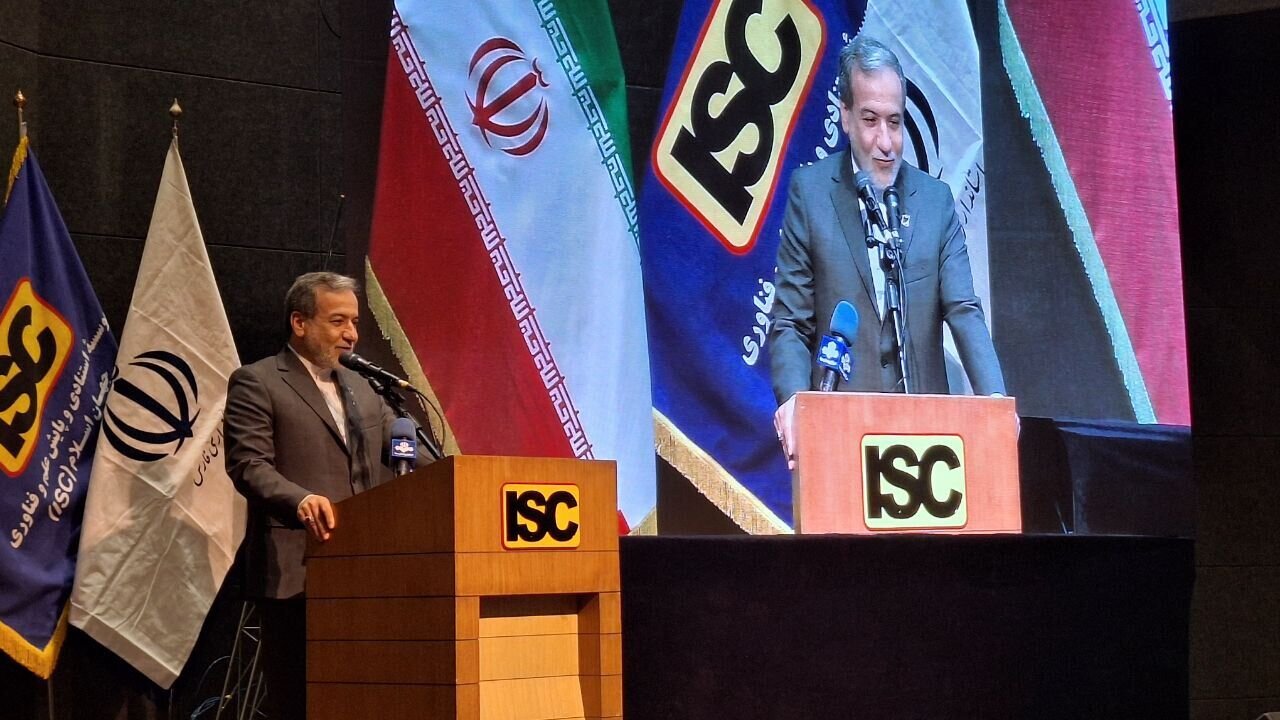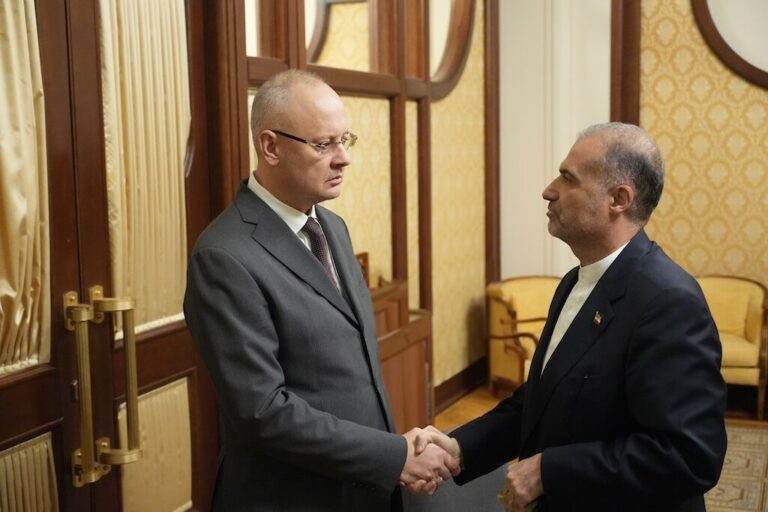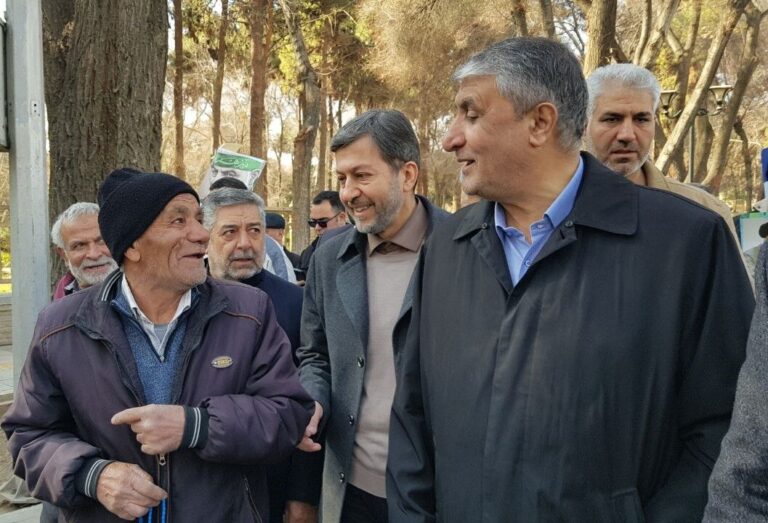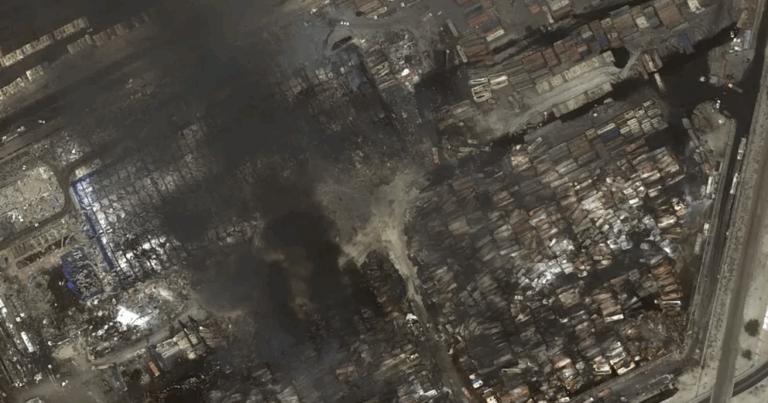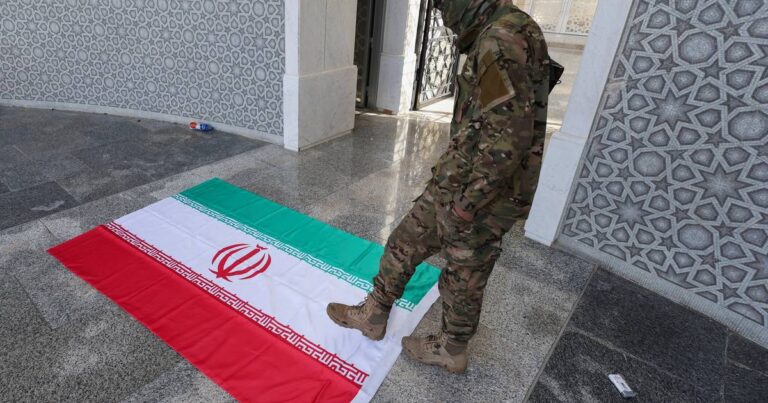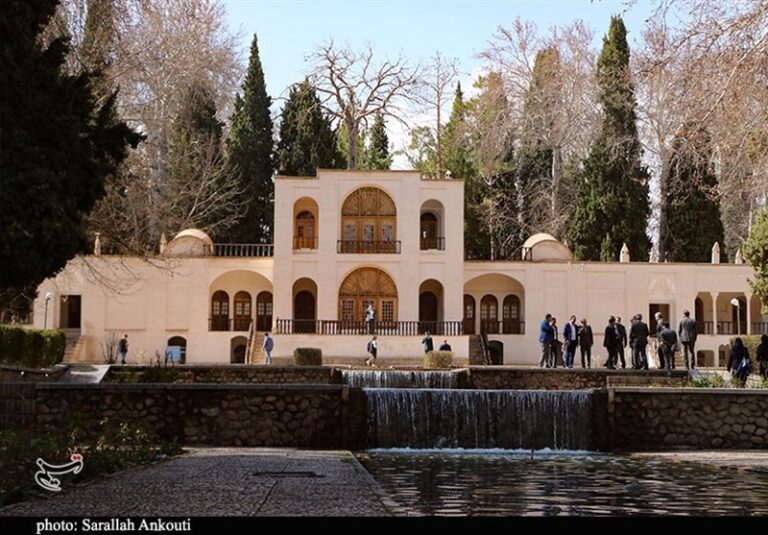Iran’s Foreign Minister: Evading Sanctions Enhances Tehran’s Negotiating Strength
In a recent conference focused on provincial economic diplomacy, Iranian officials emphasized the importance of fostering strong commercial relationships. Abbas Araghchi, a key speaker at the event held in Shiraz, southern Iran, highlighted two essential principles of diplomacy: good neighborliness and economic diplomacy. This article delves into Araghchi’s insights on how Iran is navigating its economy amidst ongoing sanctions.
During his address, Araghchi articulated that while Iran has consistently practiced good neighborliness, the essence of economic diplomacy lies in the Ministry of Foreign Affairs’ role in facilitating commercial opportunities. Rather than engaging directly in trade, the ministry focuses on creating an environment conducive to business.
Here are some key points from Araghchi’s speech:
- Supporting Businesses: The Foreign Ministry is dedicated to helping Iranian businesses discover alternative, non-sanctioned trade channels.
- Neutralizing Economic Restrictions: Araghchi emphasized the importance of these efforts in counteracting the impact of international sanctions.
- U.S. Sanctions: He noted that despite the U.S.’s claims of crippling the Iranian economy, their efforts have not succeeded in harming the resilience of the Iranian people.
Araghchi’s comments come at a time when Iran is working to strengthen its economic ties both domestically and internationally. He reiterated the critical role that Iranian diplomats and ambassadors play in this process. By actively assisting businesses, they can help navigate the complex landscape created by economic sanctions.
Furthermore, he pointed out that the U.S. has acknowledged that there are no new sanctions to impose on Iran. “Today, they admit that there are no sanctions left to impose, yet they have failed to cripple the Iranian people,” he stated, indicating a shift in the narrative surrounding Iran’s economic resilience.
Araghchi’s remarks reflect a broader strategy within the Iranian government to pivot towards enhancing economic diplomacy as a means to counteract external pressures. The conference also served as a platform for local business leaders to engage with government officials on ways to improve trade relations and explore new markets.
Economic diplomacy is increasingly becoming a focal point for many nations, especially those facing sanctions or economic isolation. By prioritizing diplomatic relationships that foster trade, countries like Iran hope to bolster their economies and encourage foreign investment.
In summary, Araghchi’s address at the Shiraz conference underscores the importance of good neighborliness and economic diplomacy in Iran’s strategy to navigate through and mitigate the effects of sanctions. Through cooperative efforts between government and business sectors, Iran aims to create a sustainable economic environment that can thrive despite external challenges.
As the landscape of international trade continues to evolve, the approaches taken by countries like Iran will be closely watched by global observers. The emphasis on building strong diplomatic ties and supporting local businesses may serve as a model for other nations facing similar challenges in the realm of economic diplomacy.
In conclusion, the insights provided by Abbas Araghchi highlight the significant role of diplomatic efforts in shaping Iran’s economic future. By focusing on economic diplomacy and fostering good neighborly relations, Iran is positioning itself to overcome obstacles and enhance its commercial prospects on the international stage.
